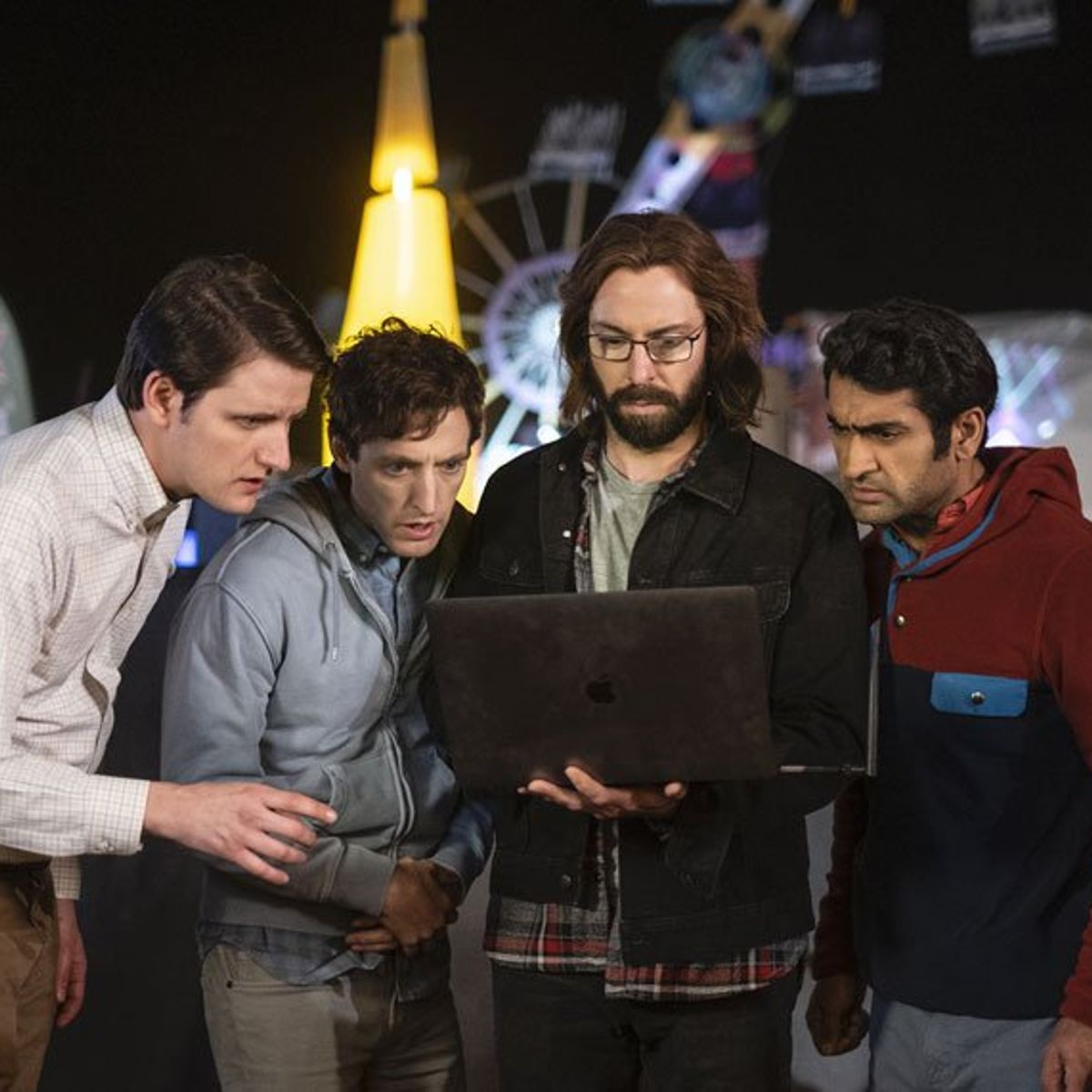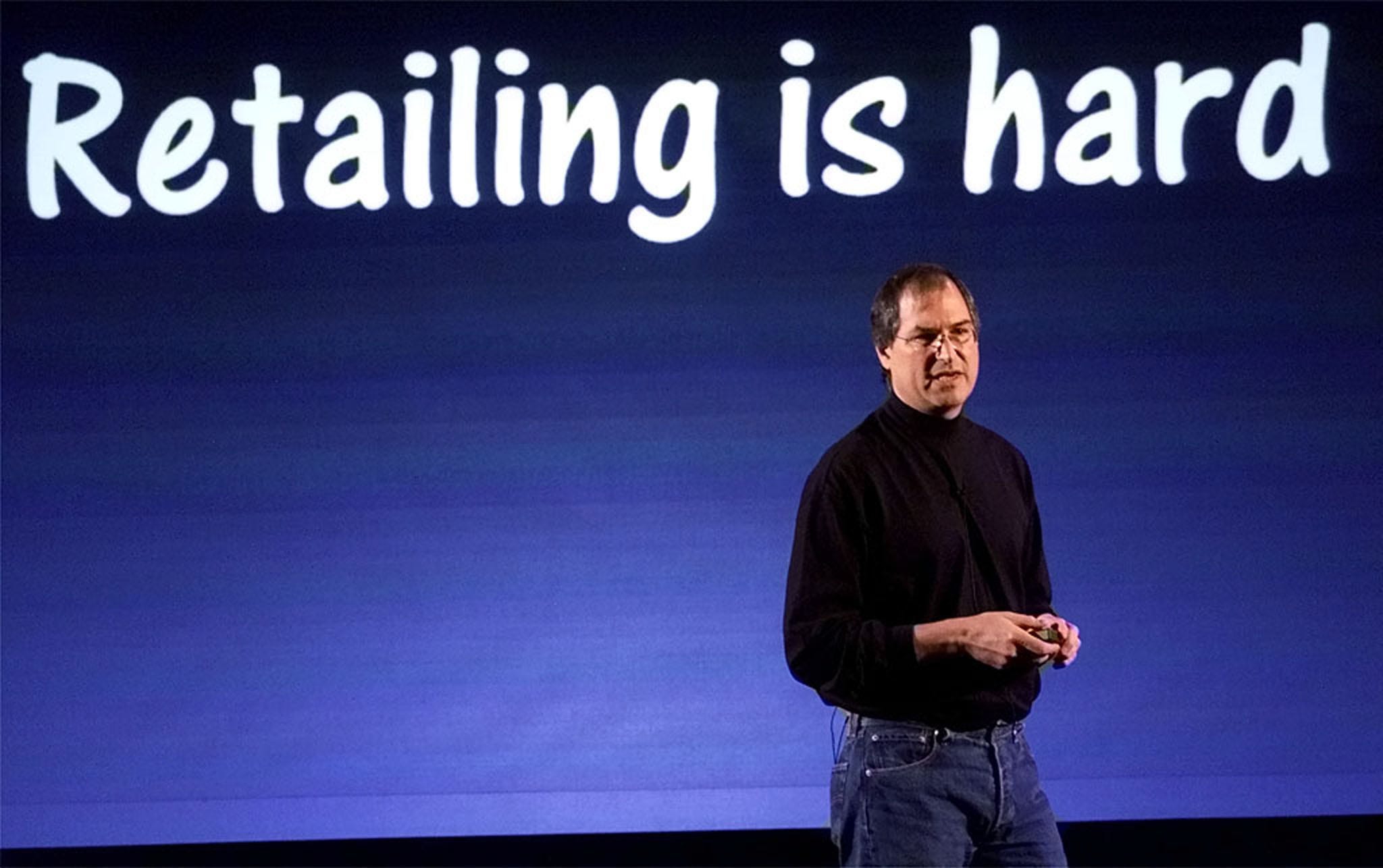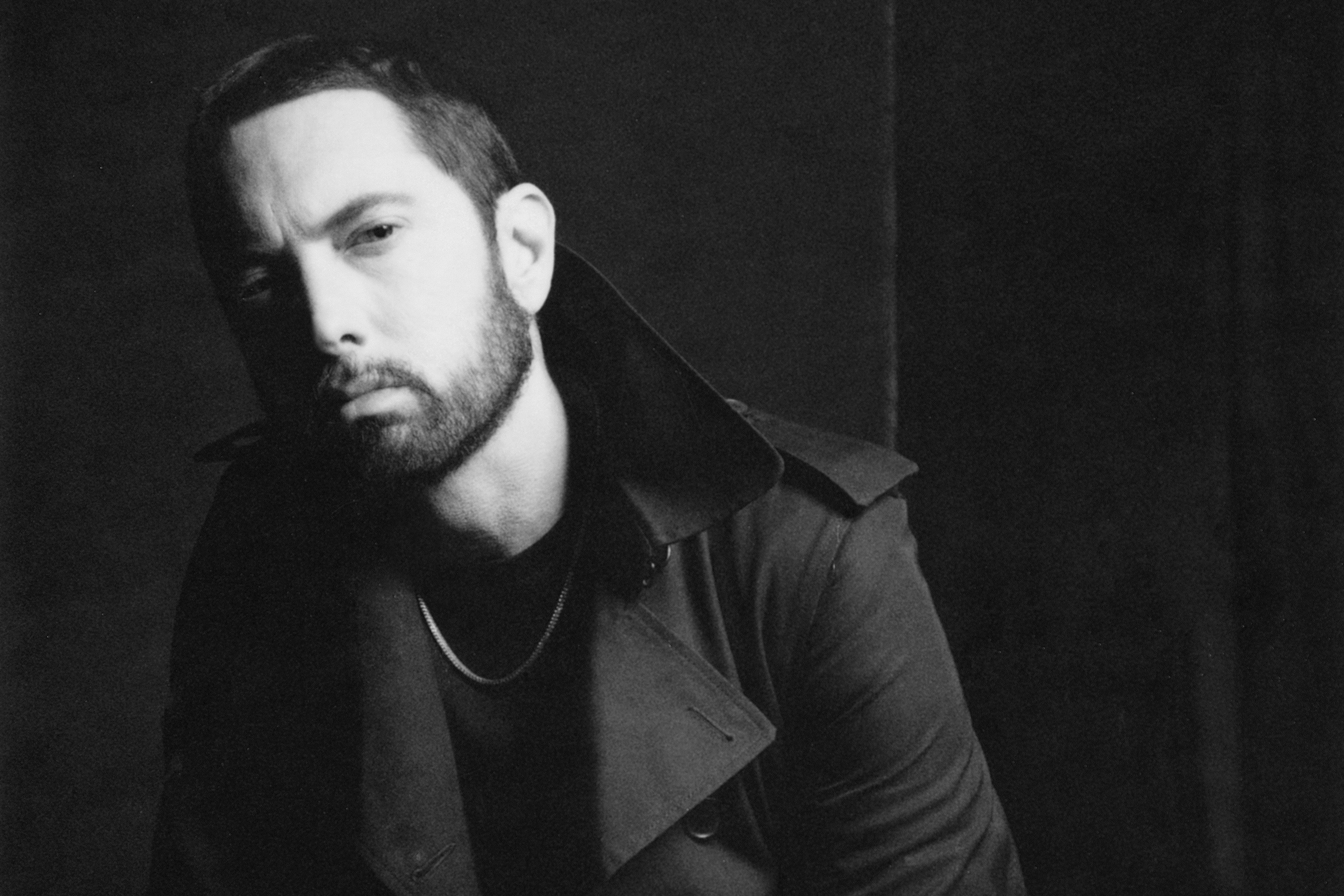DECEMBER 8, 2019 4:00PM (UTC)
strong launch only means so much in television. The true measure of a series’ legacy is how it ends.
But in 2019, making that determination feels different somehow. It is especially strange to witness long-running series such as “Silicon Valley,” ending its six-season run this Sunday, close up shop without much fanfare. Veteran series go out quietly all the time; it’s the natural order of things.
Viewers only have certain amount of bandwidth to devote to keeping up with their shows – especially in this era of “more and more” and “whoa, that’s way too much.” One-time conversation starters get replaced by shiny new distractions every season. Scratch that – now it’s every month.
But the humble ending of this HBO comedy, though announced some time ago, feels different for several reasons that are indicative of what a crazy, transformative, and transitional year 2019 has been for TV in general. And the extreme hype propelling “Game of Thrones” through its finale season is only, in part, one of them.
Ostensibly one show’s ending has nothing to do with another – and in fact, “Exit Event,” the “Silicon Valley” final episode, wraps the individual and shared stories of Richard (Thomas Middleditch), Dinesh (Kumail Nanjiani), Jared (Zach Woods), Gilfoyle (Martin Starr), Monica (Amanda Crew), and their collective nemesis Gavin Belson (Matt Ross) in a proper and satisfying way.
That is, they end up in a place that remains true to the comedy’s underdog spirit while finding a way, karmically speaking, to grant the Pied Piper team success by way of failure.
The comedy’s six season trajectory is nothing but a long parade of spectacular face-plants followed by incredible vertical jumps followed by another set of tumbles, each fall and rise more humiliating and euphoric than the last set.
In this way, the show’s guiding star mirrors the tech industry’s religion of “fail to succeed,” an ethos that spurs innovation but also encourages a specific kind of mean and unsparing ruthlessness. It’s also one version of a sitcom episode structure replicated time and again since 1990s, when co-showrunner Alec Berg wrote for “Seinfeld.” (READ MORE)




![[Funding Alert] Facebook, Others Back Edtech Start-Up Unacademy In $110 Mln Funding Round - deals in retail](https://dealsinretail.com/wp-content/uploads/2020/02/Funding-Alert-Facebook-Others-Back-Edtech-Start-Up-Unacademy-In-110-Mln-Funding-Round-deals-in-retail.jpeg)






